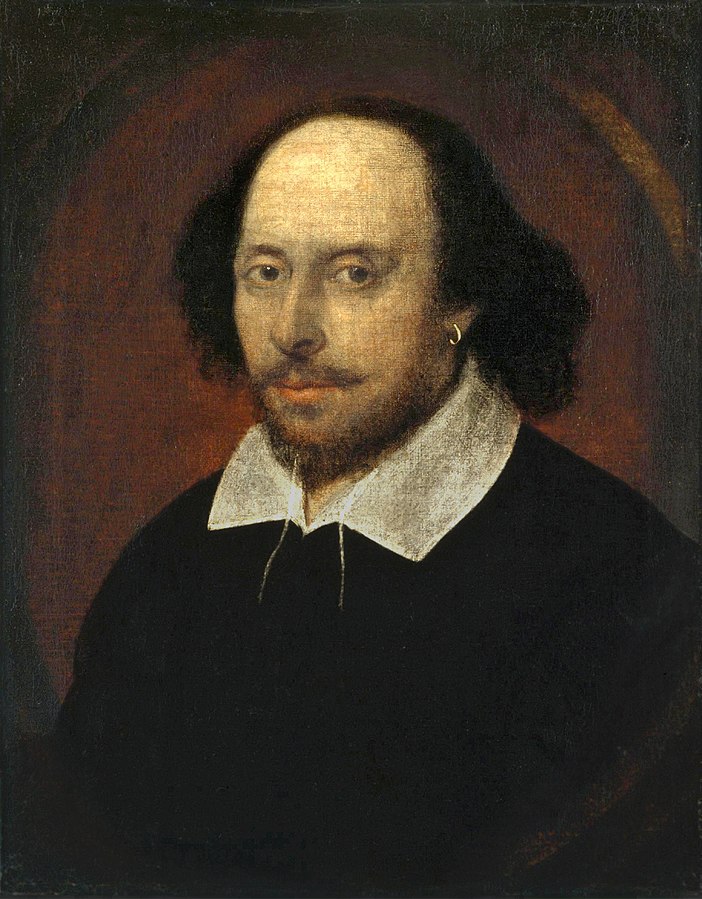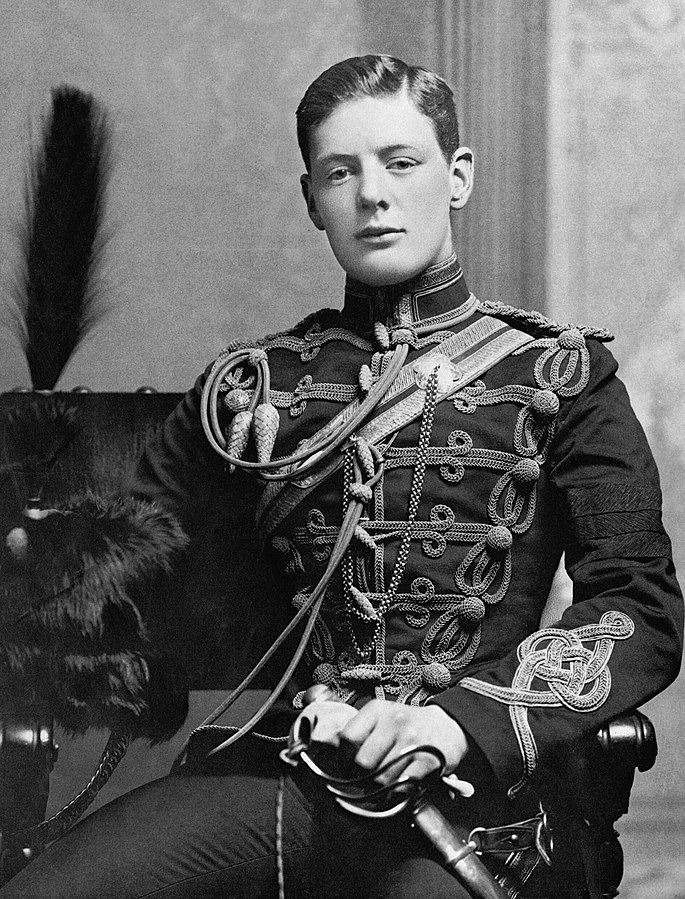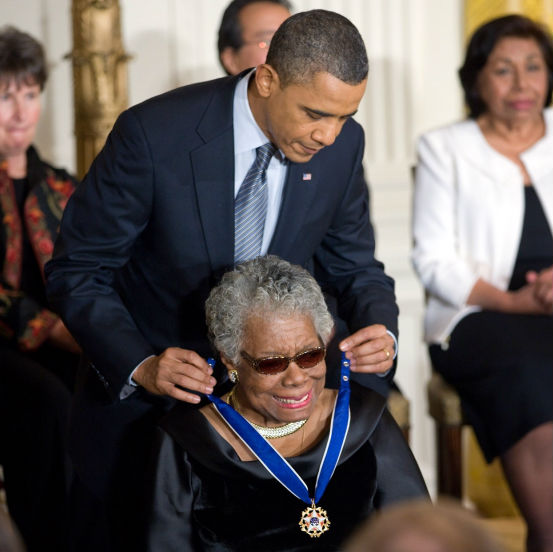The best rhetoricians are the people who are the most persuasive and convincing, including Aristotle, Angelou, Shakespeare, and Churchill. These thinkers have had a profound global influence since they turned their attention to the art of convincing others!
Look no further for the answer to the question, Who are the best rhetoricians?
What is Rhetoric?
Rhetoric can most pithily be described as the art of persuasion.
It’s been studied and taught for thousands of years.
The Ancient Greeks were obsessed, and rhetoric, along with Grammar and Logic formed the three pillars of the Western education system from Ancient Greece right up until the nineteenth century.
Aristotle defined rhetoric as “the faculty of observing in any given case the available means of persuasion”, and identified some of the chief methods of appeal to an audience as being Logos (logic), Pathos (emotion), and Ethos (the body of beliefs that define the character of a nation or group).
So we can see that these skills are immensely important in a number of professions: legal, political, teaching, and creative writing just to name a few!
Aristotle

Aristotle is a towering figure in the intellectual development of Western thinking.
He wrote across many fields and laid the philosophical groundwork in a wide variety of fields, still holding sway to this day.
His work extends to offering definitions of the field of rhetoric.
Aristotle was not only a thinker of great perspicacity, he was enormously persuasive too.
In a contest of ideas in which no school of thought can ever be definitively ‘correct’ (politics for example) the rhetorical skill is of immense value and importance.
See Aristotle’s On Rhetoric for more!
Shakespeare

Rhetorical devices are too numerous to list in their entirety, but may be broadly defined as any technique which persuades.
So we can lump in many of the devices that we usually refer to as literary into the category of rhetorical devices.
Think of the way Shakespeare’s character’s use simile and metaphor continually to illuminate their thinking, and persuade the audience, and each other of the power of their arguments.
Alliteration, assonance, and personification also regularly show up in Shakespeare, all rhetorical devices which the characters employ to enhance their persuasiveness.
Shakespeare’s texts are a masterclass in the art of persuasive language.
Winston Churchill

One way to develop your own list of rhetorical figures is to think about who has influenced you the most. Perhaps it is a pop culture icon, or a musician. You can be sure you will find rhetorical devices peppered throughout their work.
Churchill was a politician who led the British forces during WW2. There are many excellent movies about this period in history, if films are your preferred way to imbibe knowledge!
Churchill’s speeches are some of the most famous in world history.
Britain, early in WW2, found itself disastrously underprepared for the rise of Germany.
Many British politicians thought it might be a good idea to surrender to Germany, or to try to cooperate in a way that ensured Britain remained free from invasion.
Churchill stood strong, arguing that anything short of armed resistance was going to result in catastrophe.
What rhetorical devices can you spot in the following quote? This quote is a pre-eminent example of the way in which repetition can be used to build emotion, power, and persuasiveness.
We shall go on to the end, we shall fight in France, we shall fight on the seas and oceans, we shall fight with growing confidence and growing strength in the air, we shall defend our Island, whatever the cost may be, we shall fight on the beaches, we shall fight on the landing grounds, we shall fight in the fields and in the streets, we shall fight in the hills; we shall never surrender, and even if, which I do not for a moment believe, this Island or a large part of it were subjugated and starving, then our Empire beyond the seas, armed and guarded by the British Fleet, would carry on the struggle, until, in God’s good time, the New World, with all its power and might, steps forth to the rescue and the liberation of the old.
Wintson Churchill
Maya Angelou

Maya Angelou had an enormous impact on American society, and globally too. She is a true rhetorician, as we can see her employing persuasive language across a vast array of mediums, styles and genres.
Angelou was a world conquering poet, essayist, autobiographer, and political influencer.
Start by checking out her astonishing auto-biography I Know Why the Caged Bird Sings in which love and self belief triumphs over racism and hatred.
She was truly an inspiration to generations of people, and utilized persuasive reasoning, and appeals to emotion to make the world a better place.
When we encounter these enormously persuasive figures, it is easy to understand why education systems right up until very recently foregrounded the importance of rhetoric.
If you can persuade others, you can change the world!
Conclusion
This list of the best rhetoricians introduces the reader to some of the figures widely regarded as the most compelling users of language the world has ever known.
You can compile your own list simply by reflecting on who has influenced you the most, and what techniques they used to influence you.
Sometimes those techniques are obvious, but sometimes they can be subtle.
Perhaps the greatest rhetorical technique is the one that nobody notices?

